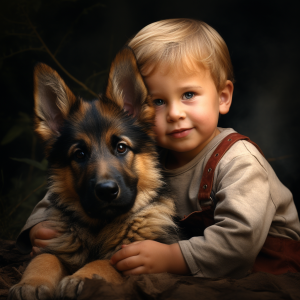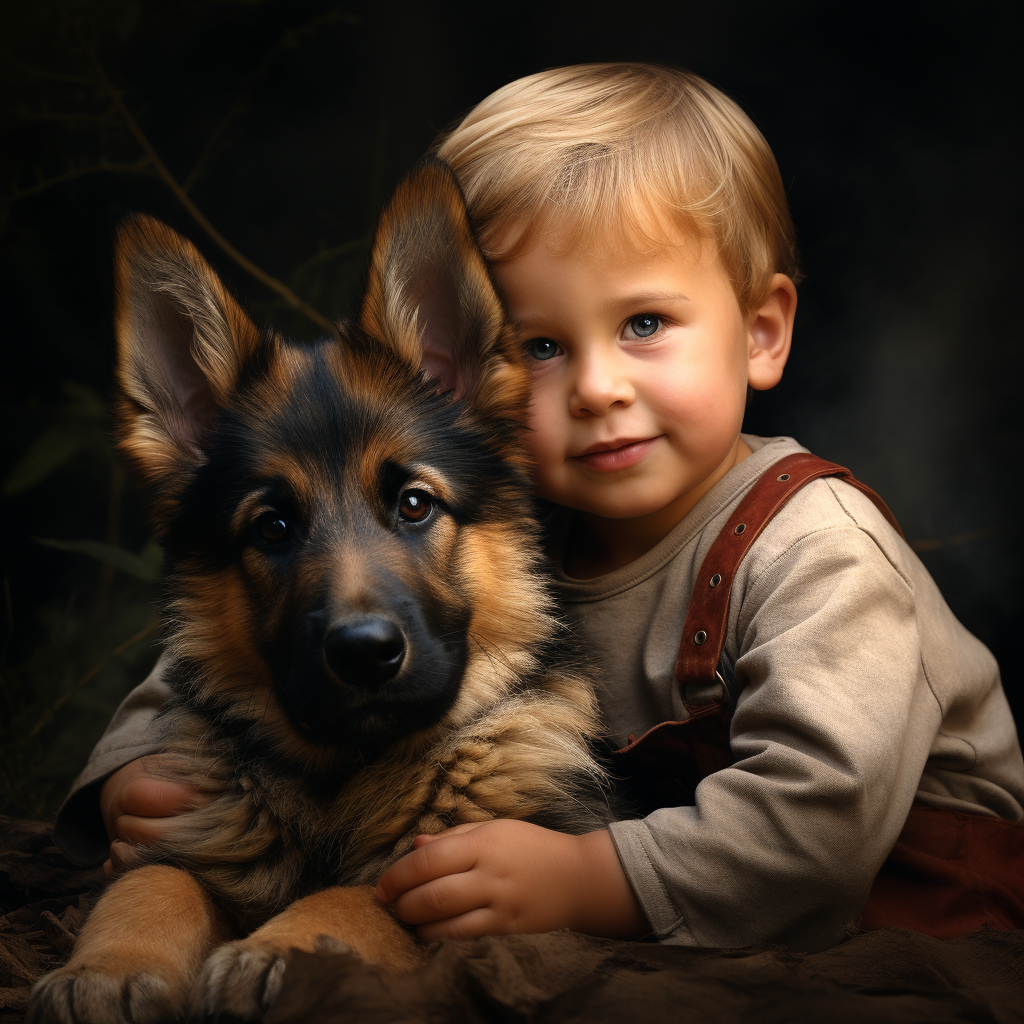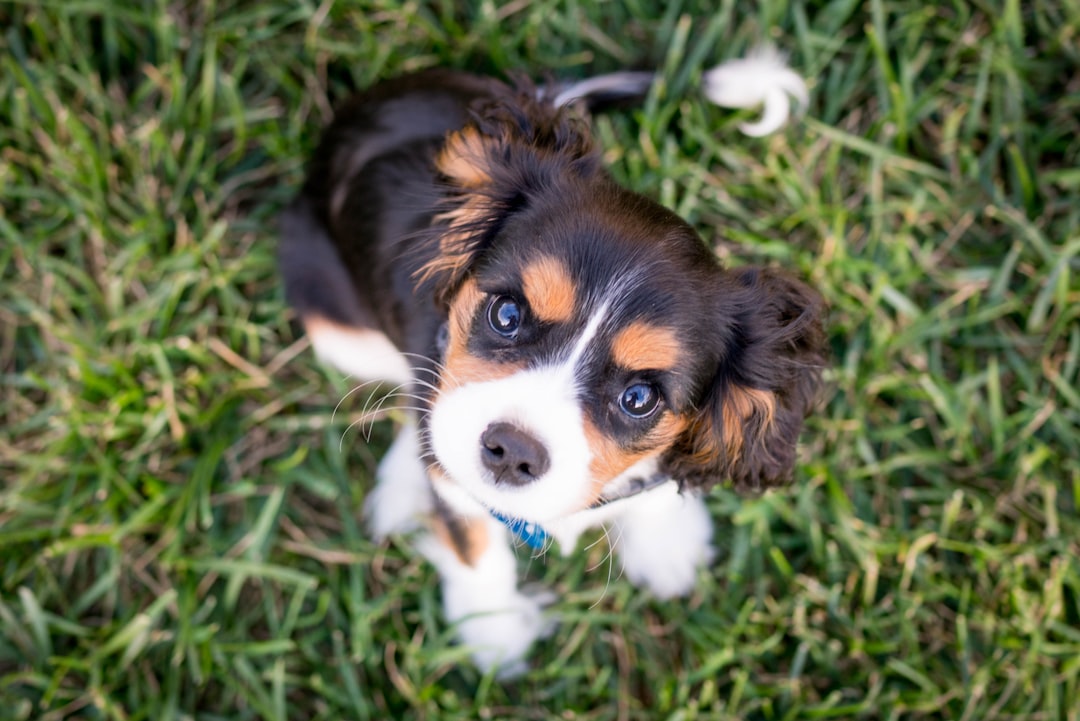The Key to a Well-Behaved Pup: Early Training and Socialization Explained
The Importance of Early Training and Socialization for your Pup – Learn why early training and socialization are crucial for preventing behavior issues in the future and how Off Leash K9 Training of Philadelphias programs can provide effective solutions.
Benefits of Early Training and Socialization
Early training and socialization play a pivotal role in preventing behavior problems and teaching leash manners, ensuring that the puppy grows into a well-behaved and confident dog. By exposing puppies to a variety of people, places, and experiences during the critical socialization period, they become more adaptable and less likely to develop fear or anxiety. For example, introducing a puppy to different environments, such as parks, busy streets, and even pet-friendly stores, can help them become accustomed to diverse stimuli and build their resilience. This exposure helps the puppy feel comfortable and secure in various settings, reducing the likelihood of stress-related behavioral issues in the future [1].
Moreover, early training not only prevents frustrating behaviors in the future but also fosters a strong bond of trust and confidence between the puppy and its family members. Through positive reinforcement and consistent training, puppies learn to associate new experiences with positive outcomes, further strengthening their confidence and ability to navigate the world around them. For instance, rewarding a puppy with treats and praise during new encounters helps them associate unfamiliar situations with positive experiences, contributing to their overall well-being and emotional stability.
In conclusion, early training and socialization are essential components in shaping a well-adjusted, confident, and adaptable canine companion. It is crucial to recognize the significance of this early phase in a puppy’s life, as it lays the foundation for their future behavior and emotional well-being. Visit Off Leash K9 Training of Philadelphia at [https://www.philadelphiadogtrainers.com/] to explore programs that can help you effectively train and socialize your puppy for a brighter, more fulfilling future.
Socialization for Puppies

In addition, involving different family members in the socialization process is highly beneficial. This not only helps the puppy become familiar with various people, but it also teaches them to be comfortable and at ease in the presence of different individuals. For instance, having family members interact with the puppy in positive and reassuring ways can contribute to their overall confidence and social skills. Furthermore, it can aid in preventing future behavior issues, as the puppy learns to trust and feel secure around a variety of people. This early training and socialization are vital in providing puppies with a strong foundation for a well-balanced and adaptable adult life.
Exposing Puppies to Different Environments
Exposing puppies to different environments is vital for their overall development and well-being. This process involves introducing them to a wide range of social species, stimuli, and experiences to ensure they grow up to be well-adjusted and sociable adult dogs. For example, taking your puppy to the park, the beach, or a friend’s house allows them to encounter different people, animals, sights, and sounds, helping them become comfortable and confident in diverse settings.
It’s important to remember that puppies are most receptive to socialization between the ages of 3 to 14 weeks, making this period crucial for their long-term behavior and well-being. During this time, puppies are more open to new experiences and less likely to be fearful, so it’s the perfect opportunity to introduce them to various environments. For instance, a puppy taken to a busy street corner, a children’s playground, or a bustling farmer’s market is likely to grow up to be more adaptable and less anxious in similar settings as an adult.

Tips for Effective Puppy Training and Socialization
When it comes to effective puppy training and socialization, there are several key tips to keep in mind to ensure the best outcomes for your furry friend. Involving different family members in the training process can be incredibly beneficial. This allows the puppy to become comfortable around a variety of individuals and helps in building their confidence and social skills. For example, different family members can take turns feeding, walking, and playing with the puppy to ensure they are accustomed to interacting with various people from an early age.
Additionally, gradual exposure to new experiences is crucial for a well-rounded and adaptable dog. This can include introducing the puppy to different environments, surfaces, sounds, and stimuli in a positive and controlled manner. For instance, taking the puppy for short trips to the park, the beach, or even to a friendly neighbor’s house can help them become familiar with new surroundings and experiences, preventing fear and anxiety in the future. Moreover, enrolling puppies in puppy classes designed for socialization and training offers structured learning environments and opportunities for positive interactions with other dogs and people. These classes provide a safe and supervised setting for puppies to socialize and learn valuable skills, setting them on the path to becoming well-adjusted and confident adult dogs.
By implementing these practical tips, puppy owners can lay a strong foundation for their pet’s future behavior and social skills, ensuring that their furry companion grows into a well-mannered and confident adult dog.
Overcoming Common Challenges
Puppy training and socialization can present various challenges, but these can be effectively overcome with the right approach and strategies. Consistent training and positive reinforcement play a key role in addressing common issues that may arise during the early stages of a puppy’s development. Early puppy training and socialization is important to prevent behavior issues in the future. For example, if a puppy displays signs of fear or anxiety in new environments, consistent training involving gradual exposure to these environments while providing positive reinforcement can help the puppy build confidence and overcome its apprehensions.
Furthermore, it’s important to recognize that training and socialization should not be limited to the puppy’s early stages but should continue throughout adulthood to maintain strong social skills in dogs. For instance, if a dog exhibits signs of fearfulness or aggression towards other animals or people, continued social interactions, training, and exposure to diverse environments can help address these behaviors and ensure a well-adjusted and sociable adult dog.

Conclusion: The Key to a Well-Behaved Pup: Early Training and Socialization Explained
In conclusion, early training and socialization play a pivotal role in shaping a puppy’s behavior and personality, ultimately contributing to a harmonious relationship between the puppy and its family. When puppies receive early training and socialization, they are less likely to develop behavior issues, making them well-adjusted and adaptable companions. For instance, introducing a puppy to various environments, different people, and other animals at an early age can help prevent stress and fear-related behavior problems later in life. This highlights the importance of early training and socialization in providing puppies with the tools they need to thrive in different situations and environments.
For pet owners seeking effective early training and socialization programs, Off Leash K9 Training of Philadelphia stands out as a reputable option. Their expertise and guaranteed training outcomes ensure that puppies receive the necessary skills and behaviors to become well-rounded and obedient pets, addressing common challenges in puppy training and socialization. Moreover, their diverse range of packages caters to different lifestyles, offering flexibility for pet owners to select the most suitable program for their puppy’s needs. To explore the innovative programs and training solutions offered by Off Leash K9 Training of Philadelphia, visit their website at Off Leash K9 Training of Philadelphia.



